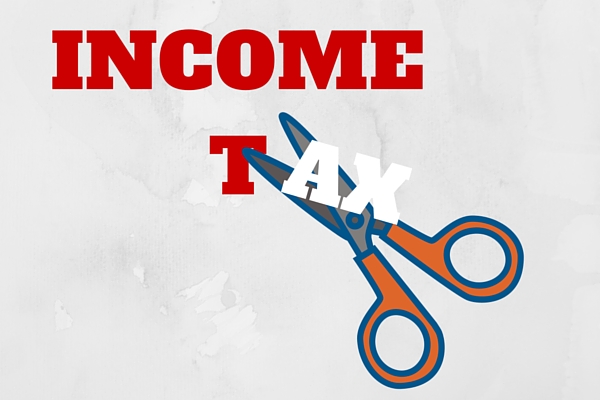In the Finance Bill 2023, a new provision was sneaked in which impacts taxation on debt funds. It takes away one of the selling points of these funds against Bank FDs – long term capital gains tax along with indexation benefits. This has led to a flutter in the minds of investors and several questions too.
I am taking the top questions and sharing my perspective along with the facts. The questions are:
- What is the new taxation? Which type of funds are impacted?
- Oh, should I sell my investments before March 31, 2023?
- Do debt funds still make sense as an investment or Bank FD is better?
- Should I buy debt funds before March 31, 2023 and lock in the tax benefit?
- Since so many people are expected to buy before March 31 and demand is going to be high can I get a better price if I sell?
Let’s take them up one by one
What is the new taxation? Which type of funds are impacted?
For taxation purpose, all mutual fund schemes that have less than 65% of their portfolio in India Stocks are considered as debt funds. If you hold such investments for 3 years or more, you get the advantage of the long term capital gains taxes, that is, 20%+ surcharge after cost indexation benefit.
Say, you invested Rs. 100 in a short term debt fund and it earned about 7% for 3 years, then your value after 3 years is about Rs. 122. However, cost indexation* allows you to inflate cost by say 5% every year. So the cost at that point is not Rs. 100 but 100*1.05*1.05*1.05, or roughtly, Rs. 116.
*Actual cost indexation index is published by the Income Tax Department.
So, you net long term capital gain in this case is Rs. 122 – Rs. 116 or Rs. 6. You pay 20% on this, which comes to about Rs. 1.2.
If you had the same money in another regular fixed income option, say a Bank FD, it would have been taxed at your income tax rate on the entire Rs. 22 income/gain. You get the point here.
So, what has changed?
As per the new provision, any fund which holds less than 35% in India Equity will now not be able to take advantage of long term capital gains tax and/or indexation. This applies to liquid funds, other debt funds, international funds, Fund of Funds, etc.
So, in the same example we used earlier, you will pay tax on the entire Rs. 22 gain from your debt fund at your marginal rate of tax. If you are taxed at 30% on your income, you pay the same on the debt fund gain too.
The tax difference between Bank FDs and this debt fund has vanished.
However, the provisions apply to purchases made on/after April 1, 2023. Any investments made in the funds upto March 31, 2023 will be grandfathered. It means that they will continue to enjoy the old tax provisions.
Oh, should I sell my existing investments in debt funds before March 31, 2023?
Well, as mentioned, purchases made till March 31, 2023 are exempt from the new provisions and will enjoy tax benefits of long term capital gains + indexation benefit.
So, there is no need to sell any existing investments. They remain unaffected.
Going further, do debt funds make sense as an investment or Bank FD is better now?
Well, some differences still exist between the two.
- While the tax rate is similar, debt funds pay tax only when they are sold. In case of Bank FDs, interest is accrued every year and reported in tax returns along with payment of tax.
- Bank FDs are insured for upto Rs. 5 lakh deposit per account type per bank. No such insurance for debt funds.
- Bank FDs offer a guaranteed rate of return, though it might come with a lock in and a penalty if withdrawn earlier. In case of debt funds, there is full liquidity, no penalties but no guarantees.
- Bank FDs also are not reported on market values unlike debt funds which have a Net Asset Value marked to market. It is the reason you see those fluctuations in the prices, specially when interest rates change.
- Since debt funds qualify for short term capital gains, you can use these gains to set off short term capital losses as well. Bank FDs are not eligible for that provision.
Both options have merits and one should choose them for the respective role it can play in your investment plan. Emergency funds, for example, need Bank FDs.
Should I buy debt funds before March 31, 2023 and lock in the tax benefit?
Well, there is no need to rush. Invest in debt funds only if your investment plan requires an allocation.
Do I need to stop my STPs or SWPs, some of which will be redeemed only after April 1, 2023?
As mentioned earlier, the tax provisions apply only to purchases made on / after April 1, 2023. If your original purchase date falls within till March 31, 2023, any sale of units later will get the current tax benefits.
Since so many people are expected to buy before March 31 and demand is going to be high can I get a better price if I sell?
Well, that could be somewhat far fetched. There is likely no shortage of supply of bonds neither a bond market panic. It is just a change in tax provision.
Note: There is no change in taxation of equity funds.


